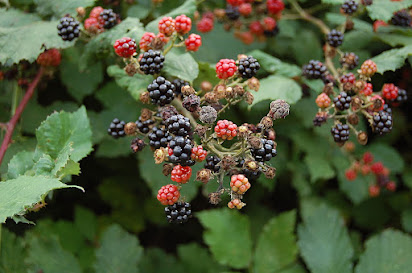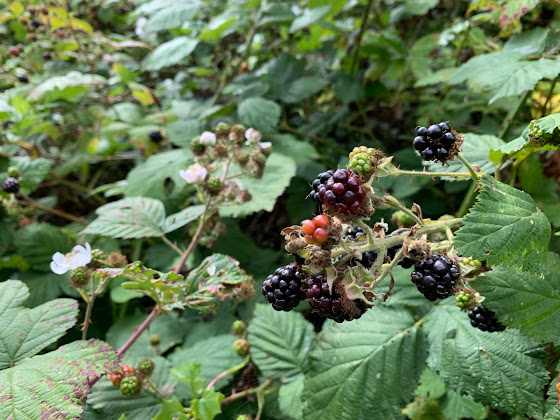The Terrifying Truth about Blackberry Vines in Vancouver

As a Vancouver homeowner, you take pride in maintaining your property, ensuring its value, and protecting your family's safety. But there's a threat lurking right in your backyard that could be silently sabotaging all your efforts. This threat is none other than the Himalayan blackberry vine, a ruthless invader whose damage extends far beyond its thorny exterior and sweet berries. 1. Structural Havoc: You may not see it right away, but the seemingly harmless blackberry vines can cause significant structural damage to your home. Their robust roots can penetrate through cracks in your home's foundations or paved walkways, turning small, harmless cracks into larger, costly problems. The vines themselves can wrap around and within structures, gradually wearing away at the integrity of your fences, outdoor furniture, and potentially even your home's exterior walls. 2. A Proliferation of Pests: Imagine settling down for dinner only to spot a rat scurrying across your kitchen ...






.jpeg)